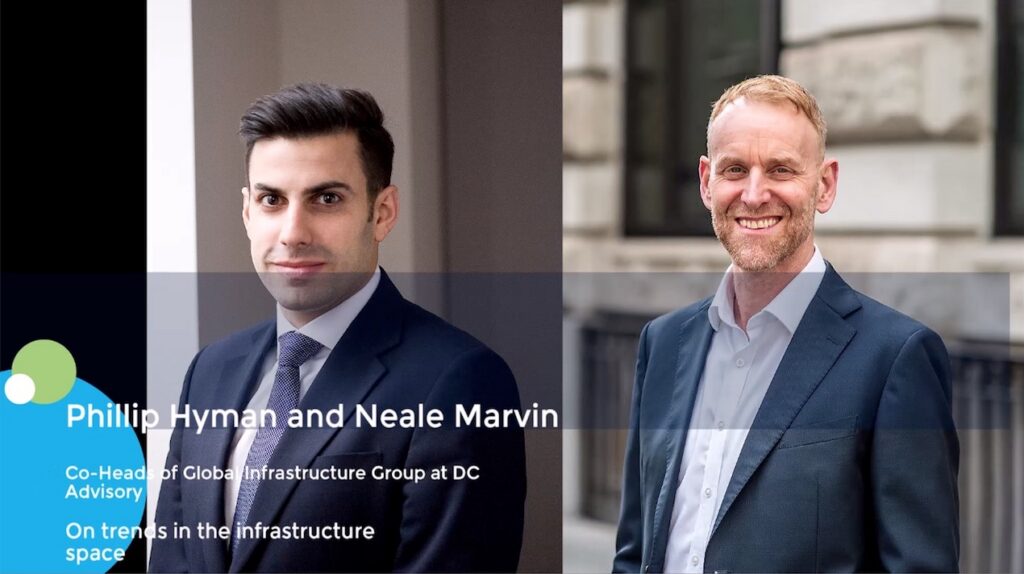IPOs and SPACs fuel global race to build quantum ‘national champions’
- Technology carries major defense, industry implications
- Sector stands out for its rare blank-check deal success
- Quantum stocks skyrocket on NYSE, Nasdaq in past year
The global race for quantum technologies is accelerating, and capital markets are becoming a key battleground.
From initial public offerings to mergers with special purpose acquisition companies (SPACs), financing vehicles are shaping which startups will emerge as “national champions” in a sector with profound implications for defense, industry, and geopolitics.
Unlike other technologies, where consumer applications often drive early growth, advancements in quantum computing are not happening in Silicon Valley garages.
“Quantum breakthroughs first emerge in labs, defense, and strategic industries — not consumer apps,” said Dan Caruso, founder of Boulder, Colorado-based Caruso Ventures.
Caruso notes that quantum is one of the few areas where SPACs have demonstrated staying power. Companies like IonQ and Rigetti have used the vehicle to access public markets early, raising capital to support long-term product roadmaps.
“Going public early is on the radar for many companies, whether through SPACs or traditional IPOs,” he said. “The key is having a strong story and execution to back it up.”
That formula is evident in Caruso portfolio company Infleqtion, a quantum hardware and software provider that two weeks ago struck a USD 1.8bn SPAC deal with Churchill Capital Corp X — just months after raising USD 100m at a USD 750m valuation.
For quantum startups, public capital is becoming a strategic lever as they scale complex infrastructure and compete in a sector where national interests and market opportunities align.
From lab benches to Wall Street
Venture firms are positioning their portfolios for public-market debuts.
Caruso is backing other quantum companies, including Bifrost Electronics, which builds quantum infrastructure; Maybell Quantum, a specialist in ultra-cold freezers; Atom Computing, which recently closed its first large commercial contract; and Vescent, which manufactures quantum devices. Each could eventually seek IPOs or acquisitions, he said.
Mike Bellin, PwC’s capital markets practice leader, confirmed that preparation is already underway across the industry. “There are a lot of companies that are getting themselves ready in the background and maturing, so that when their business is firing on all cylinders, they can hit the markets,” he said.
Observers expect a surge in quantum acquisitions and IPO candidates over the next decade.
This month, Honeywell-backed Quantinuum raised USD 600m from investors that include chip giant Nvidia, and it is widely expected to pursue an IPO in the future. Other privately held players drawing attention from industry watchers include PsiQuantum, IQM Quantum Computers, QuEra Computing, and Sandbox AQ, which spun out of Google.
Quantum listings have not been without challenges, but some insiders see promise in new financing structures.
“I don’t think we’ll see another SPAC boom like during COVID,” said Adam Hammer, CEO of Roadrunner Venture Studios. “But we are seeing experimentation with new financing models. Traditional VC liquidity is broken. We need new ways to bridge private and public markets — and SPACs, done responsibly, may be part of that solution.”
In deep-tech fields like quantum, timelines to commercial scale are often 10–15 years, or longer than the typical VC fund cycle. That makes it challenging for VCs to recycle capital or deliver returns to limited partners. A well-structured SPAC can let startups access capital earlier than through an IPO, without waiting for revenues to fully materialize, he said.
US startups need faster, more flexible financing models to avoid falling behind other nations, Hammer emphasized, pointing out that quantum isn’t just about computing power; it has the potential to redefine security, communications, and even national sovereignty.
The high stakes explain why governments worldwide are investing heavily and why companies reaching scale through IPOs or SPACs may play outsized geopolitical roles.
A geopolitical technoeconomic race
Quantum global leadership is up for grabs, as companies and countries develop their own expertise in the field.
The US leads in quantum research but lags in deployment, while China has already rolled out a 10,000-kilometer quantum network, Hammer said. Europe is transmitting quantum-secure data over commercial fiber – a space where Qunnect, a New York-based startup preparing for a Series B fundraising round later this year, is actively working as it transitions its technology from first-generation systems to hardened, application-specific products.
Australia, Denmark, Finland, France, Germany, Poland, Spain, and Switzerland are among the countries making significant investments in the field, which carries major national security implications due to quantum’s potential to break standard encryption, compromise privacy, and accelerate the harvesting of personal data.
European players attracting venture capital include IQM, Pasqal, and Quandela.
“There is a competition for who will be the companies that are getting scale, getting users, and getting products out the door,” Hammer said. “That’s how you win a technoeconomic competition — not with R&D dollars, but with national champions that set the rules of the road.”
That competition is playing out within the US as well, with states jockeying to become quantum hubs. New Mexico recently tapped Roadrunner Venture to manage a USD 25m initiative aimed at accelerating commercialization, including plans for a “quantum campus” in Albuquerque with a multi-node network, dilution refrigerators, testbeds, and prototyping facilities. Colorado, Illinois, and Maryland are also well-positioned with strong research institutions, ties to federal labs, and capital commitments.
Market mania
The race to build quantum winners has sent stocks soaring in the public markets.
Rigetti Computing was a penny stock just a year ago. Its shares have surged more than 3,600%, giving it a market capitalization of USD 9.25bn today. D-Wave Quantum has a similar story: its shares are up more than 2,800% over the past 12 months, pushing its valuation to USD 9.19bn. Quantum Computing has gained more than 3,300% year-over-year, reaching a USD 3.72bn market cap. Meanwhile, IonQ has climbed nearly 800%, now standing at USD 22.83bn.
Another publicly traded player in the sector is BTQ Technologies, which focuses on cybersecurity to safeguard crypto wallets, critical networks, and other digital assets from future quantum computer threats. It has a USD 950m market cap.
Corporates are also actively investing in quantum.
Airbus, Cisco, and Deutsche Telekom have backed quantum networking startups, while Alphabet, Amazon, IBM, and Microsoft are running major quantum programs intertwined with their artificial intelligence strategies.
As improvements in error correction and computing power bring the sector closer to the mainstream, investors are betting on which firms will emerge as credible long-term plays.
For now, SPACs and IPOs are proving to be more than exit paths — they are strategic milestones in a race where capital, technology, and national policy converge.
As Caruso puts it: “The ceiling for quantum is enormous — on par with AI. The companies leading now have a chance to become truly game changing.”










